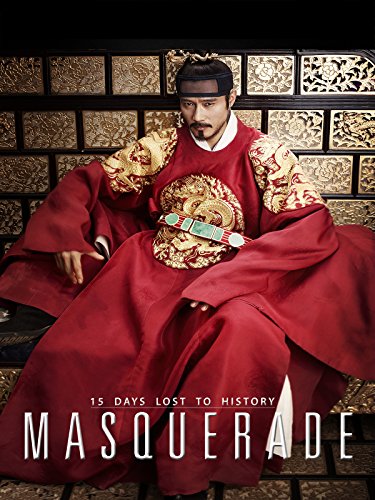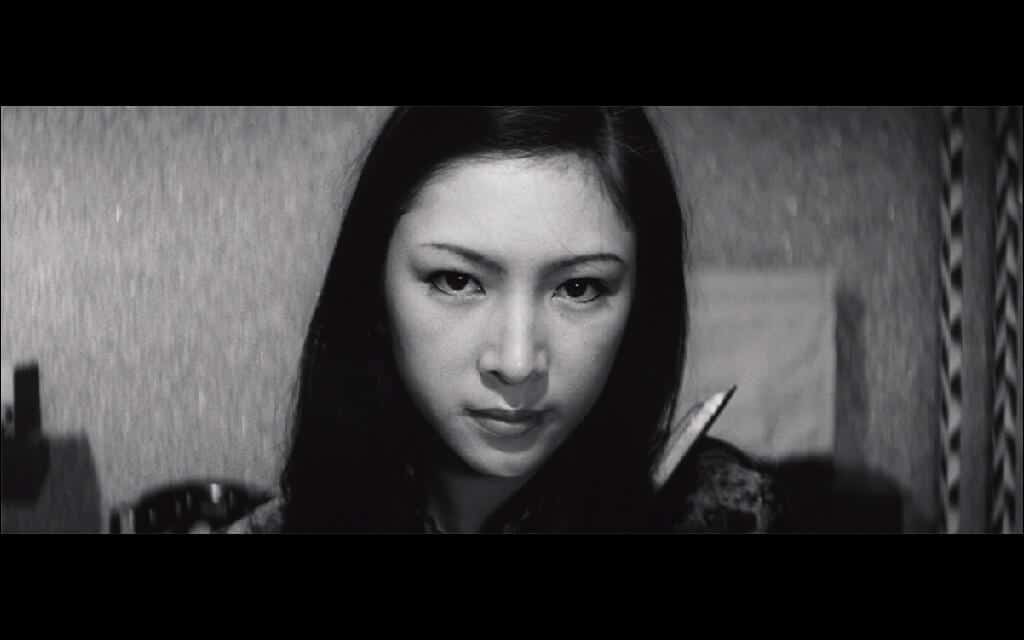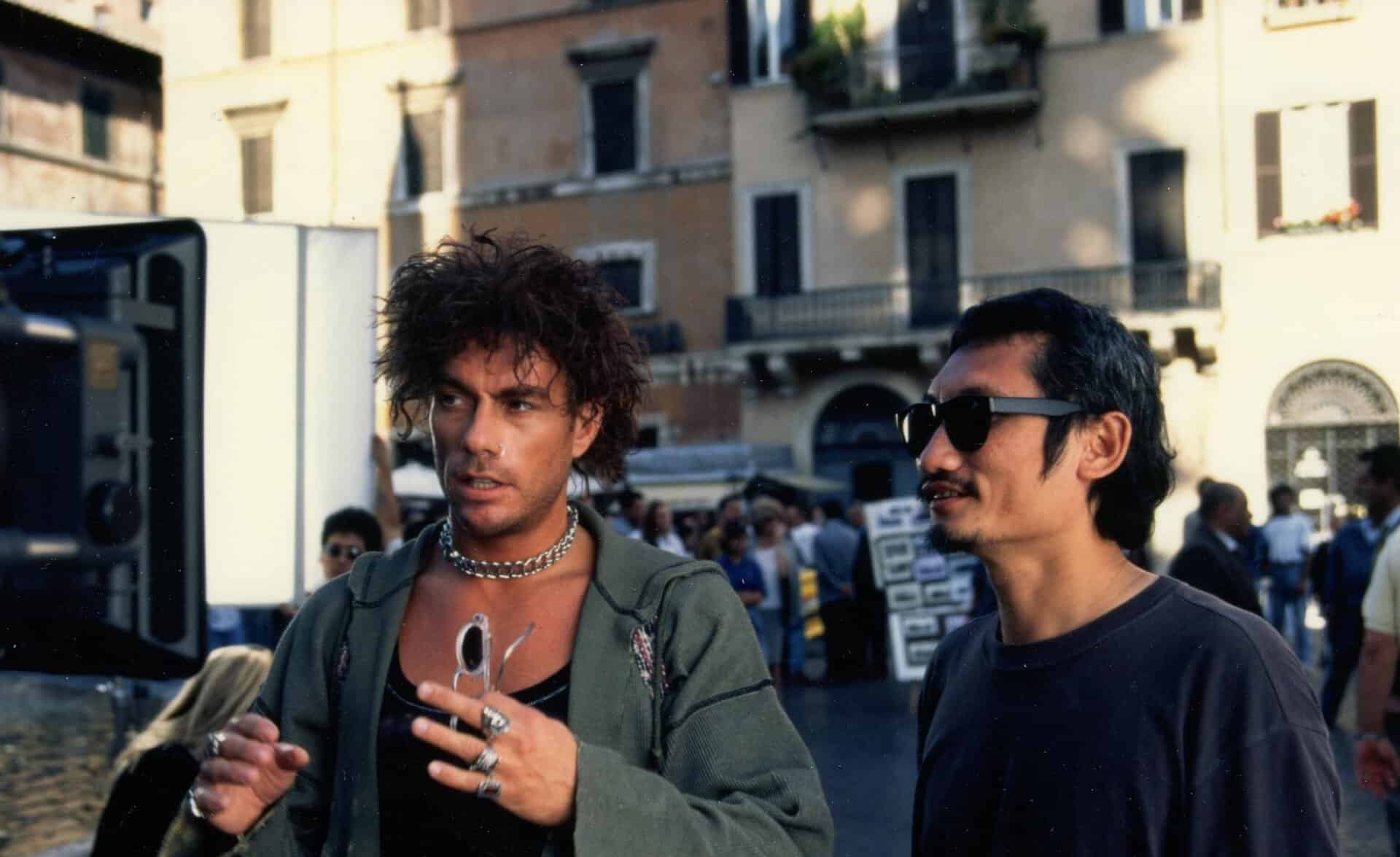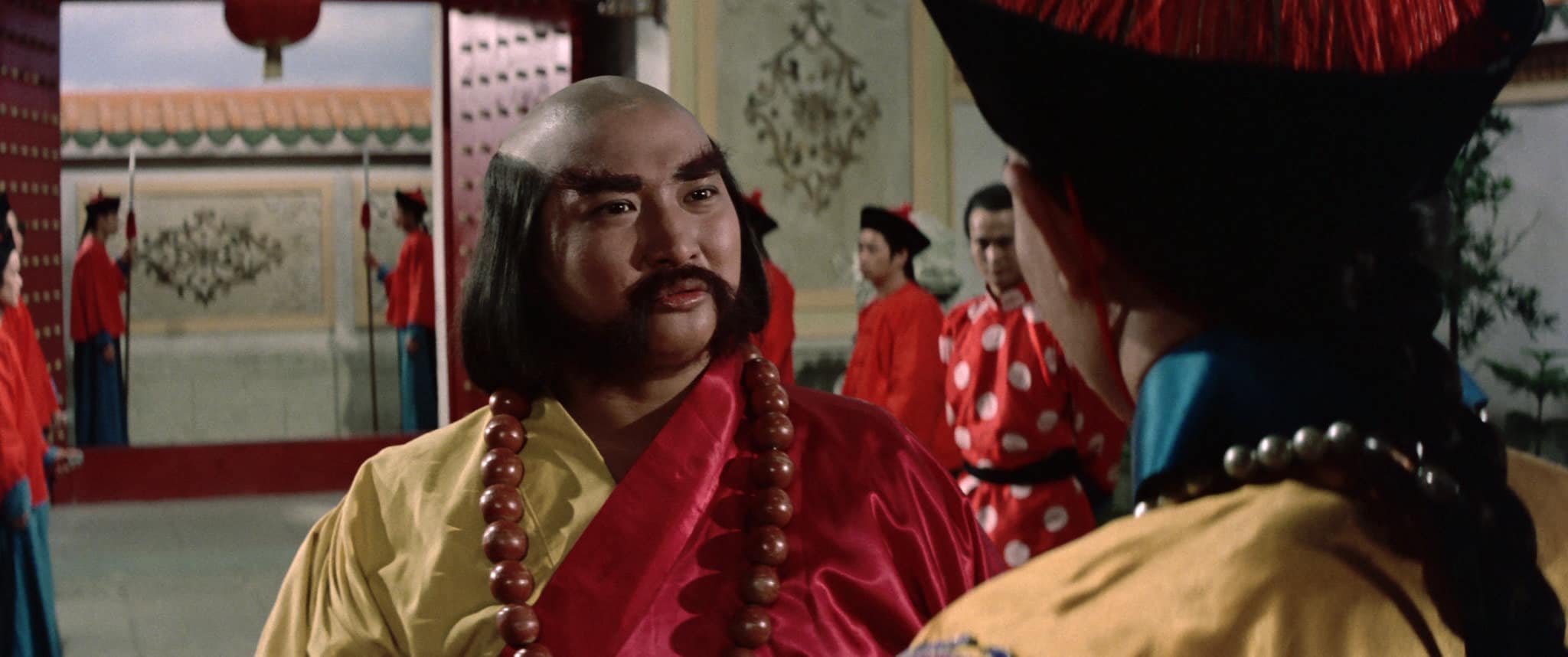The journals of the Royal Secretariats of the Joseon dynasty are mostly faithful records of the happenings in the royal court and in the lives of the royal families that are passed down over the years. Except for instances where some records might've been destroyed and rewritten later or have been completely lost, they provide a good idea of the reign of a particular ruler. In the journals of Gwang-hae, the fifteenth king of the Joseon dynasty, there exist fifteen such unaccounted days of which there is no record to be found whatsoever, for reasons unknown. It is these fifteen days that Choo Chang-min provides a fictionalised account of in “Masquerade”, a release that ended up being the second highest grossing that year and still sits comfortably as the 9th highest-grossing Korean film of all time domestically.
Buy This Title
Concerned that there might be a political coup and an attempt on his life following his differences in opinions with his ministers and his hesitation to execute his alleged traitor brother-in-law, King Gwang-hae instructs his Chief Secretary Heo Gyun to find a lookalike to him and take his place in the royal chambers every other night, while the King himself discreetly retires to his concubine's chambers. Thus, common performer Ha-seon, who bears an uncanny resemblance to the King, is recruited to take his place when required. However, when Gwang-hae is actually poisoned, it falls upon Ha-seon to become full-time King until the real one fully recovers and on Heo Gyun to advice him to the best of his abilities and make sure this arrangement remains a secret, even from the Queen herself.

You would not be misplaced in thinking that the synopsis makes “Masquerade” seem like a Joseon-set “The Prince and the Pauper”. In fact, just like Mark Twain's work, Hwang Joo-yoon's script revels in the culture shock that the poor man Ha-seon goes through in his experiences while pretending to be the Lord of the country. In this production, the emphasis in the majority of these incidences is on comedy, with Ha-seon making no secret of his shock and surprise over how no moment of his is ever private, not even when he has to defecate. Within these, there's also sharp critique on the fallacy of palace laws of the period, highlighted by an incident involving an officer who punishes Ha-seon for merely mimicking the King in a street performance but does not think twice before raping a very young virgin girl. Through these many scenarios, the narrative manages to paint an authentic picture of life in the Royal Palace not just for the royals but also those around them.
Like the American play, this feature also incorporates the straight-minded, logical and heartfelt decisions of the stand-in king that would benefit the Kingdom massively. It goes so far as to actually attribute some of the biggest decisions that went on to define Gwang-hae's reign to Ha-seon, which, in the context of the characterisation as depicted here, works quite well. The characters, and their interactions with each other, are yet another strong suit for the script, with Ha-seon's scenes with either Heo Gyun, the Head Eunuch who ends up giving him important advice when needed, the King's personal guard Captain Do or the Queen being completely different yet equally well fleshed out.
The one key element at the centre of all these characters and their interactions and the reason for them working so well is the incredible performance from Lee Byung-hun as both Gwang-hae and Ha-seon. Interestingly, Lee was not the first choice for the role but seeing the finished product now, it is difficult to believe that it would have worked as well in any other hands but Lee's, for who this was the first period piece. The duality that he brings to both characters is fascinating, making them both feel completely different people despite their identical appearances. If there's something kingly about his scenes as Gwang-hae and even as Ha-seon pretending to be Gwang-hae in the court scenes, there is a completely different warmth when he talks to his food taster Sa-wol, a bashfulness when he talks to the Queen or a charming naivety when he's being schooled by Heo Gyun. For an actor with such an illustrious filmography, his performance here stands heads and shoulders above anything else he'd done up to that point and, dare I say it, still sits right at the top (joint with maybe one another work of his) as the very best.
Those around him are equally impressive in providing support, with Ryu Seung-ryong's Heo Gyun getting most screentime. His face may not show much emotion, but the way he carries himself gives away both his love and devotion for Gwang-hae as well as the concern and care he seems to develop for Ha-seon. Jang Gwang plays the elderly, almost paternal Head Eunuch and it is hard to fathom that this is the same actor who played the utterly heinous school Principal in “Silenced” in his previous project. Head Eunuch doesn't say a lot unless he is prompted to, content instead by staying in the shadows within the King's earshot, but his sincerity towards helping the makeshift king make the right decisions is heartwarming. Han Hyo-joo, another later addition to the cast-list, feels slightly wasted as the Queen, in a role that's important enough but doesn't require a lot from the actress. Instead, it is future leading lady (and Japanese Academy Award winner) Shim Eun-kyung, who happens to be the actress with more emotive moments as the food taster Sa-wol.

Equally strong production values ensure that “Masquerade” is sumptuous to look at from the first frame to the last. The big budget is shown off in the set design and the equally gorgeous costume design. Lee Tae-yoon's cinematography makes the most of these features, but special mention must go to the lighting used here, a lot of which is made to look like natural light or light sources that would be appropriate for the period setting. Despite these restrictions, there's not a dull scene in sight, with even the nighttime sequences being sufficiently bright and colourful without seeming unnatural. With Korean film music maestro Mowg at the helm, who shares duties with Kim jun-seong, the production was always going to sound great and sure enough, their music is adequately operatic and has a blockbuster feel throughout.
Many productions would be happy flaunting their stars' good looks and better performances, but Choo Chang-min's “Masquerade” doesn't just rely of Lee Byung-hun's frankly excellent work or his heart-stopping good looks. A strong storyline that incorporates enough drama, thrills, comedy, romance and even a bit of action, supported by a sumptuous production and sure-handed direction, combines with what is a testament of Lee's acting capabilities for an end result that fully justifies the substantial business it did upon release and deserves all the praise it gets. To date, it remains one of the best period pieces to come out of the country.
















